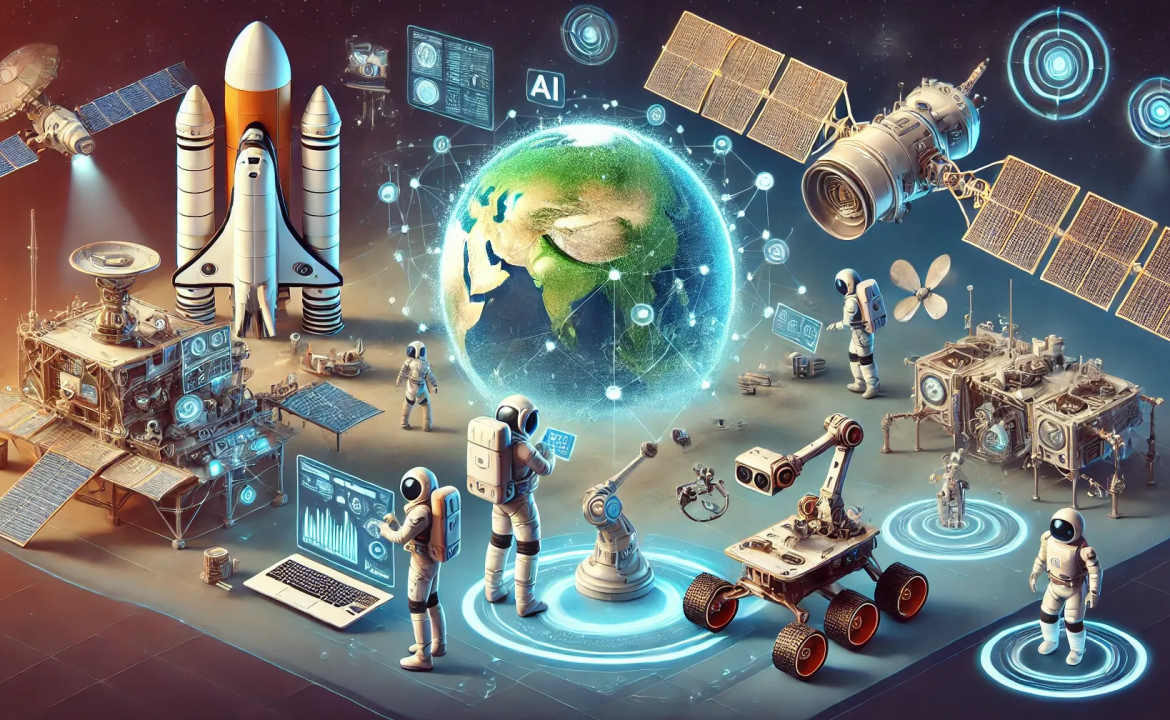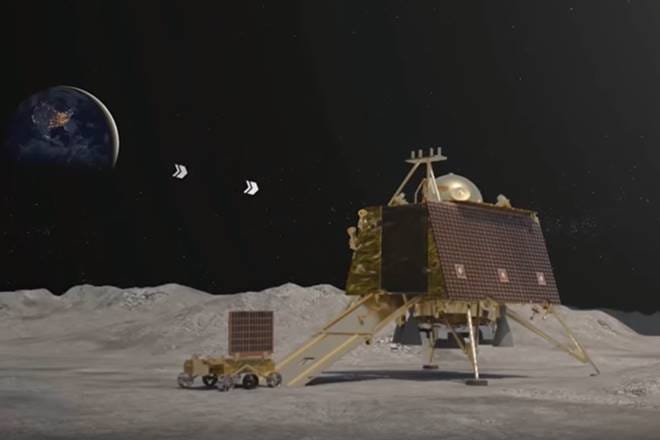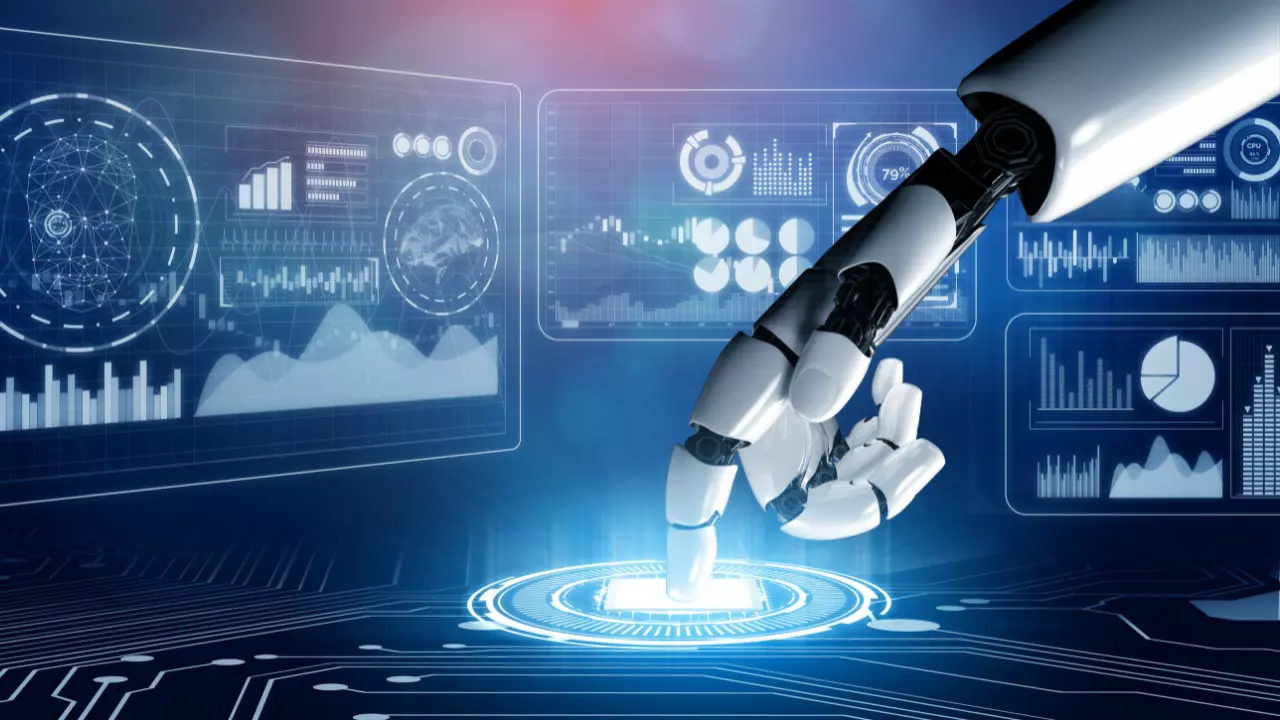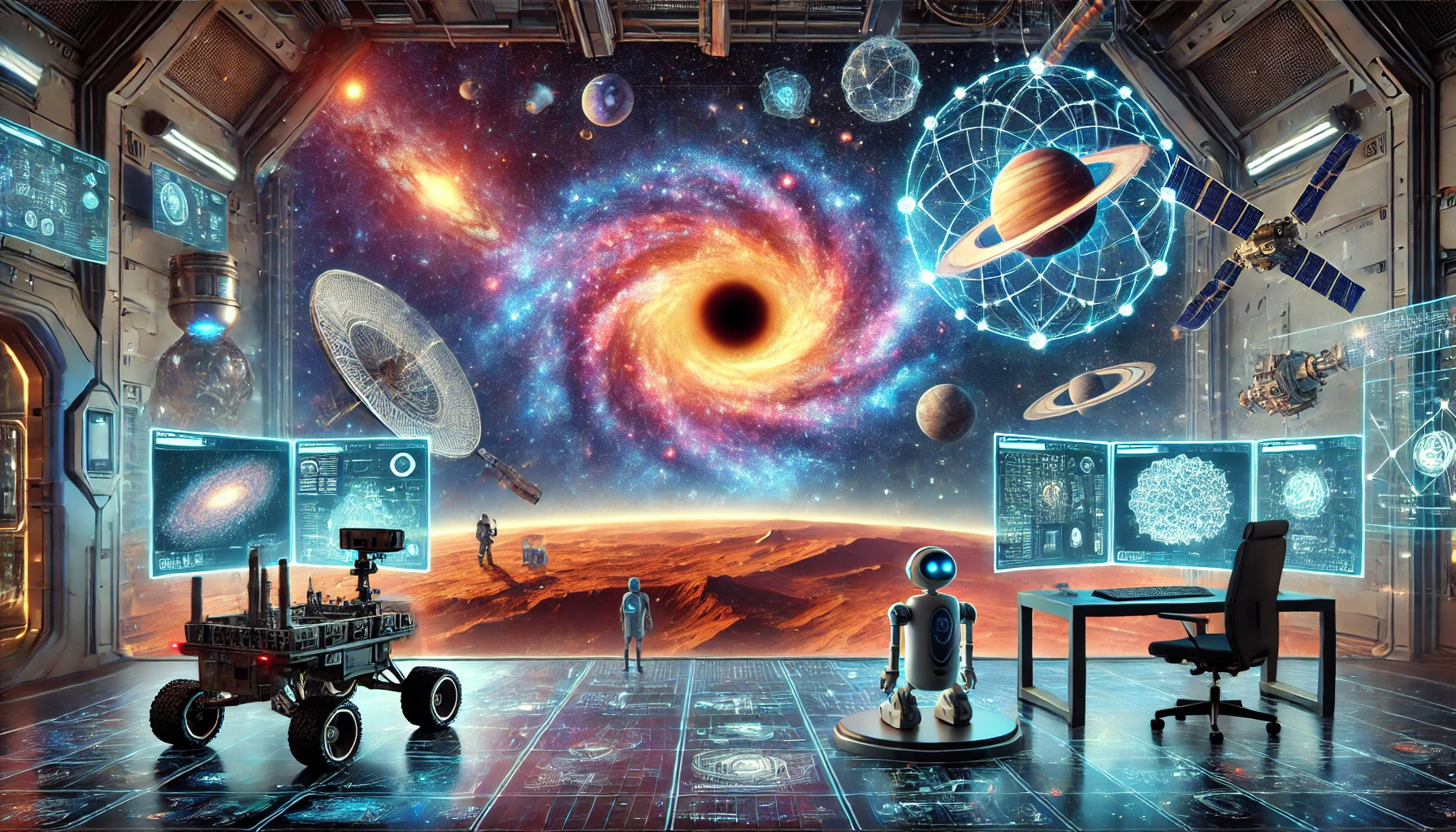Artificial Intelligence (AI) has played an increasingly vital role in space exploration, transforming how missions are planned, executed, and managed. Understanding the historical journey of AI in space helps us appreciate its growing importance in advancing space science and technology.
What is AI in Space Exploration?
AI in space refers to the use of intelligent systems and algorithms to assist in navigation, data analysis, autonomous decision-making, and the operation of spacecraft and rovers. AI enables space missions to handle complex tasks with minimal human intervention.
How AI Evolved in Space Missions
The integration of AI in space began with simple automation and has progressed to advanced autonomous systems. Early missions used programmed instructions to manage basic spacecraft functions. Over time, AI has developed to analyze data in real-time, adapt to new situations, and make critical decisions during missions.
Key AI Milestones in Space
Autonomous Navigation: Rovers like NASA’s Curiosity and Perseverance use AI to navigate the Martian surface, avoiding obstacles without direct human control.
Data Processing: AI has helped process vast amounts of astronomical data from satellites and telescopes, speeding up the discovery of new planets and galaxies.
Fault Detection: AI systems monitor spacecraft health and can detect and correct issues before they become critical.
Robotic Assistants: Space agencies have developed AI-powered robots like CIMON, used on the International Space Station to assist astronauts with tasks and provide real-time information.
Benefits of Using AI in Space
AI enhances mission efficiency, enables autonomous exploration in distant environments, improves real-time decision-making, and reduces the dependency on Earth-based control. It helps spacecraft adapt to unexpected conditions and allows deeper exploration of the solar system.
Challenges to Consider
AI systems in space must function in extreme environments with limited computing resources. Ensuring reliability and accuracy without direct human supervision is a key challenge.
Conclusion
The history of AI in space highlights its transformative impact on space exploration. By continuing to advance AI technologies, scientists and engineers can unlock new possibilities for exploring distant planets, moons, and beyond, shaping the future of space missions.







Leave feedback about this